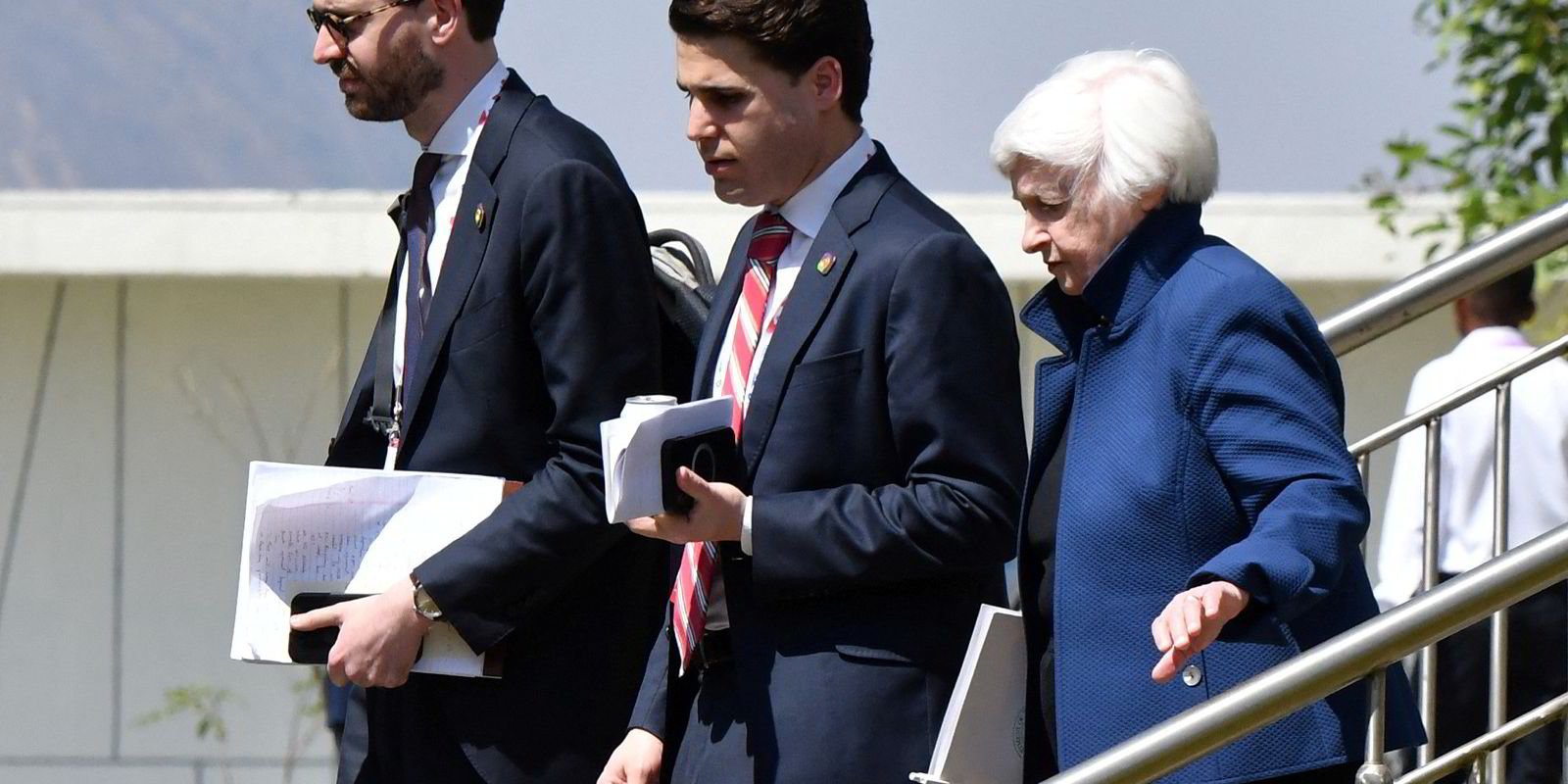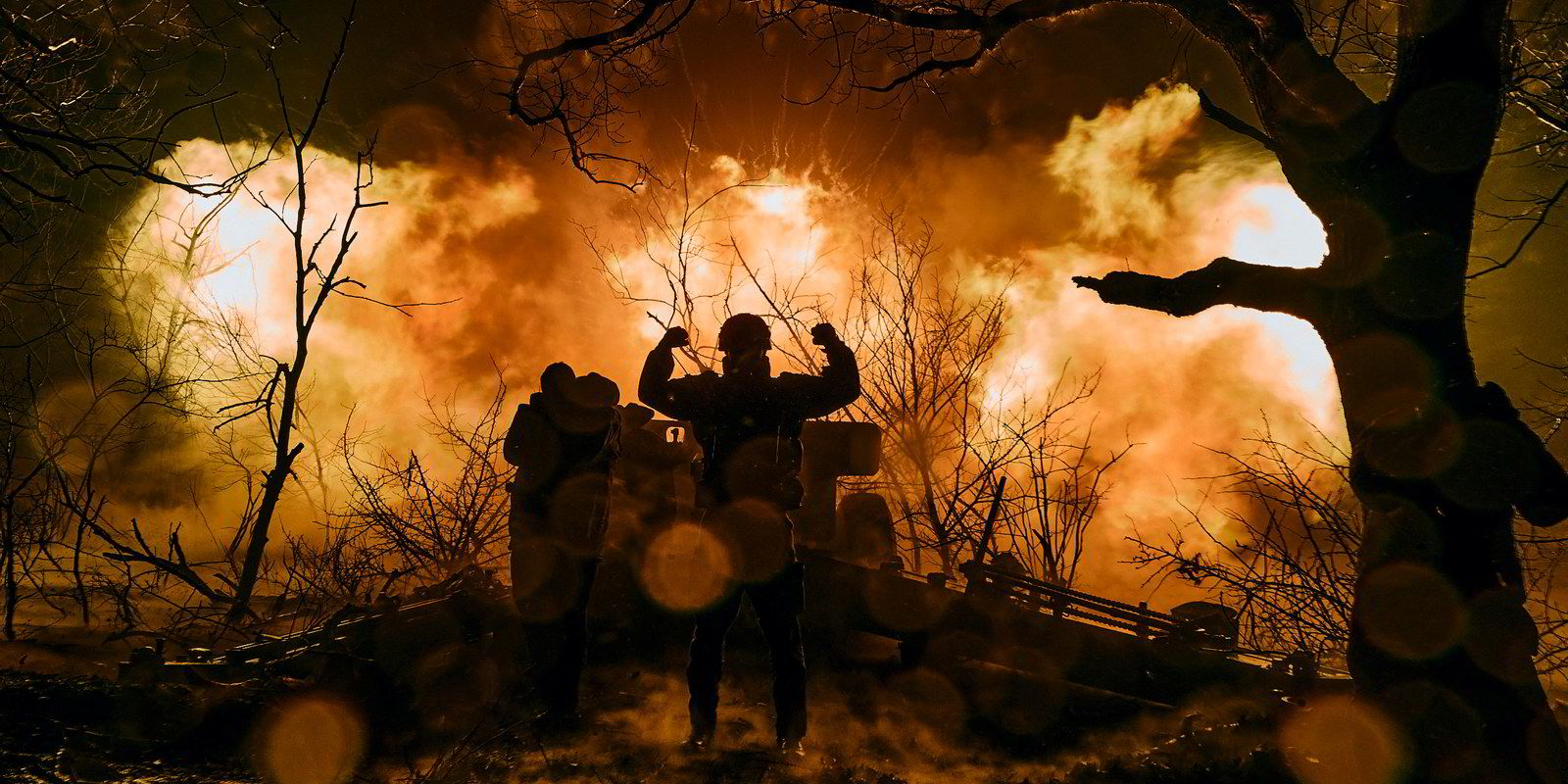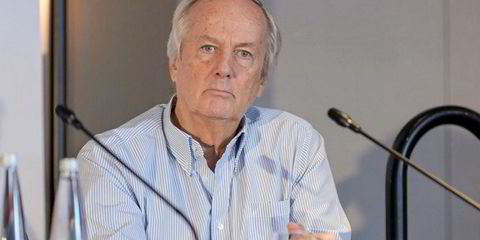Finance ministers from the G7 group of nations claimed the oil price cap had been successful in hitting Russian finances as they vowed to continue working to prevent evasion.
The G7 — the architect of the price cap policy on transporting Russian crude and oil products — said the scheme had allowed developing nations to secure cut-price oil.
“We will continue to work closely together and with our partners to enforce the oil and petroleum product price caps and prevent attempts to evade or circumvent the measure,” said finance minister and central bank governors of the G7, meeting in India.
Dutch foreign minister Wopke Hoekstra warned earlier this week that sanctions were being avoided on a “massive” scale and called for a dedicated unit based in Brussels.
The G7, concerned about volatile energy prices, devised the price cap to keep Russian oil flowing after the European Union announced a ban on seaborne imports.
Oil could continue to flow to countries outside of Europe but only using EU finance, insurance or vessels if the oil was sold below the price caps.
A $60 per barrel cap on Russian crude oil was introduced on 5 December with further caps two months later of $100 and $45 for oil product barrels.
In a statement on the eve of the invasion, the ministers from the G7 — Canada, France, Germany, Italy, Japan, the UK and US — said the oil price caps were already limiting Russian profits, while supporting stability in global energy markets and limiting the impact on low-income countries.
While Russian export volumes have held up, revenues were down 36% compared with a year earlier to $13bn in January 2023, according to the International Energy Agency.
“Russia’s monthly budget gap has surged to record highs, which will significantly restrict its ability to finance its illegal war,” said the finance ministers.
“Developing market economies can take advantage of this opportunity to access to crude oil and petroleum products at a discount to prevailing market prices.”





